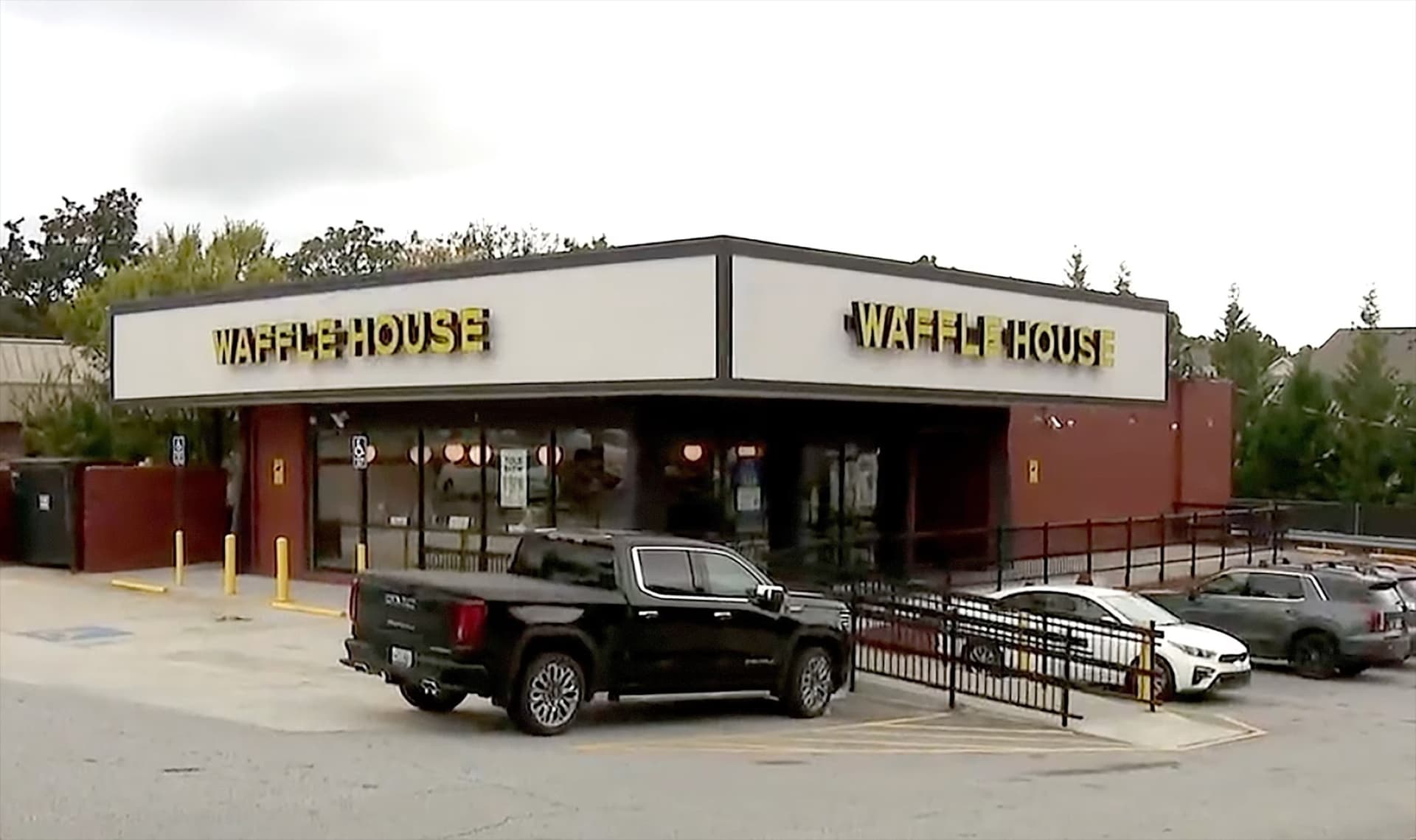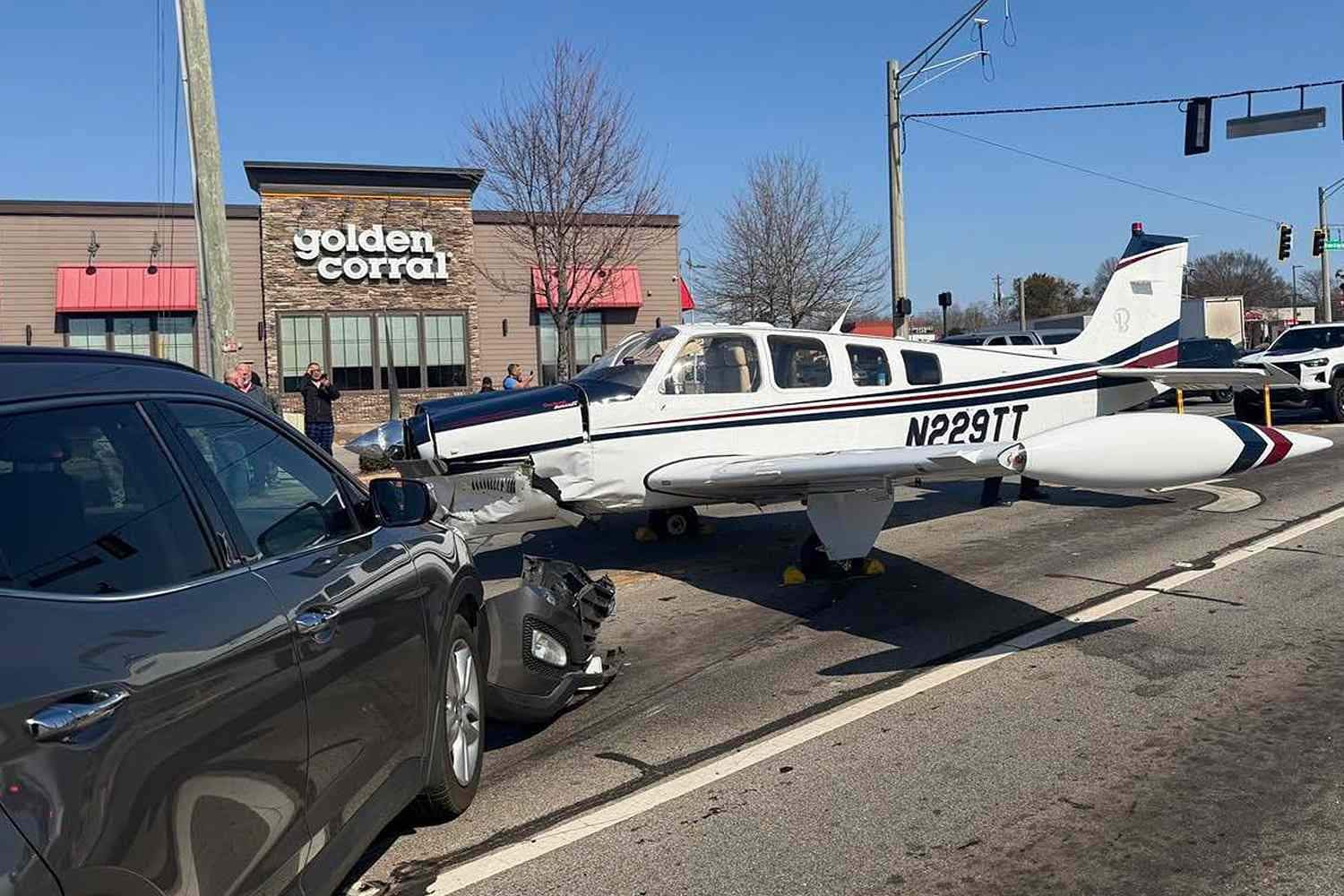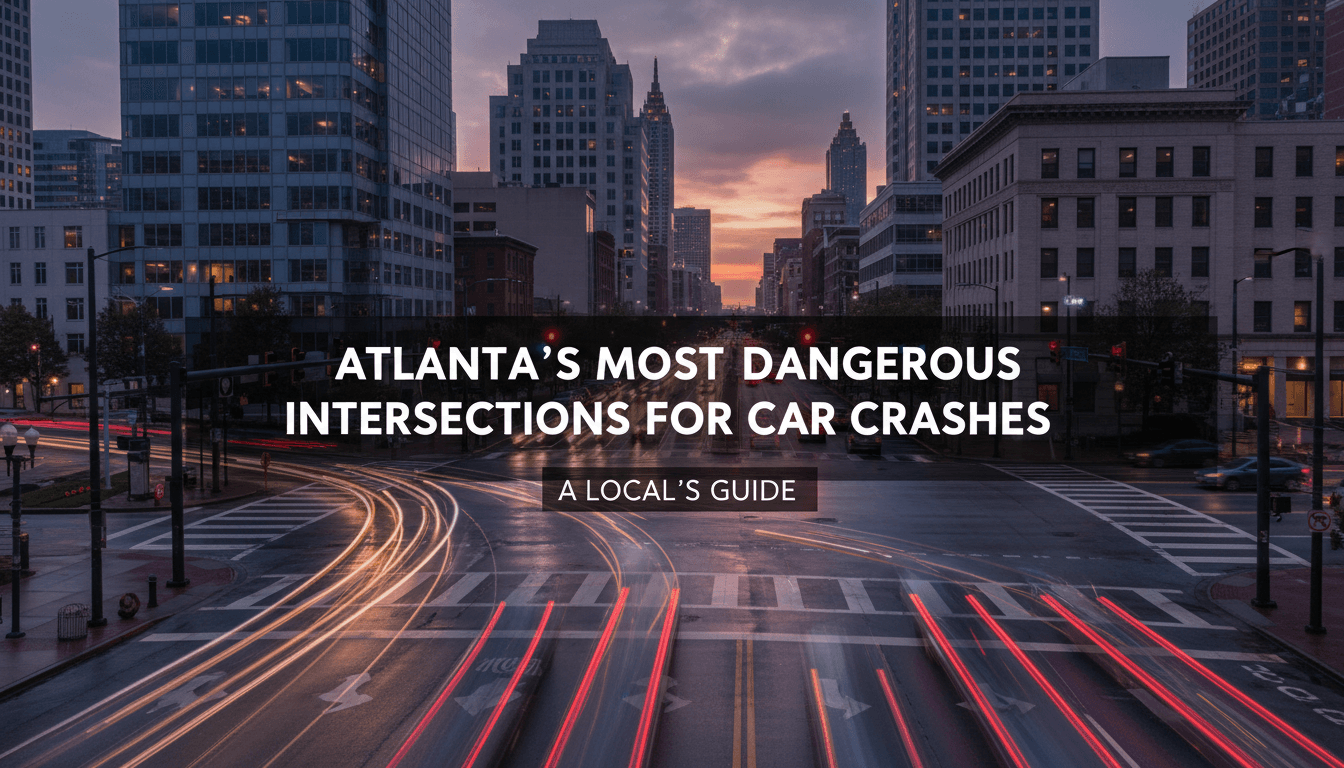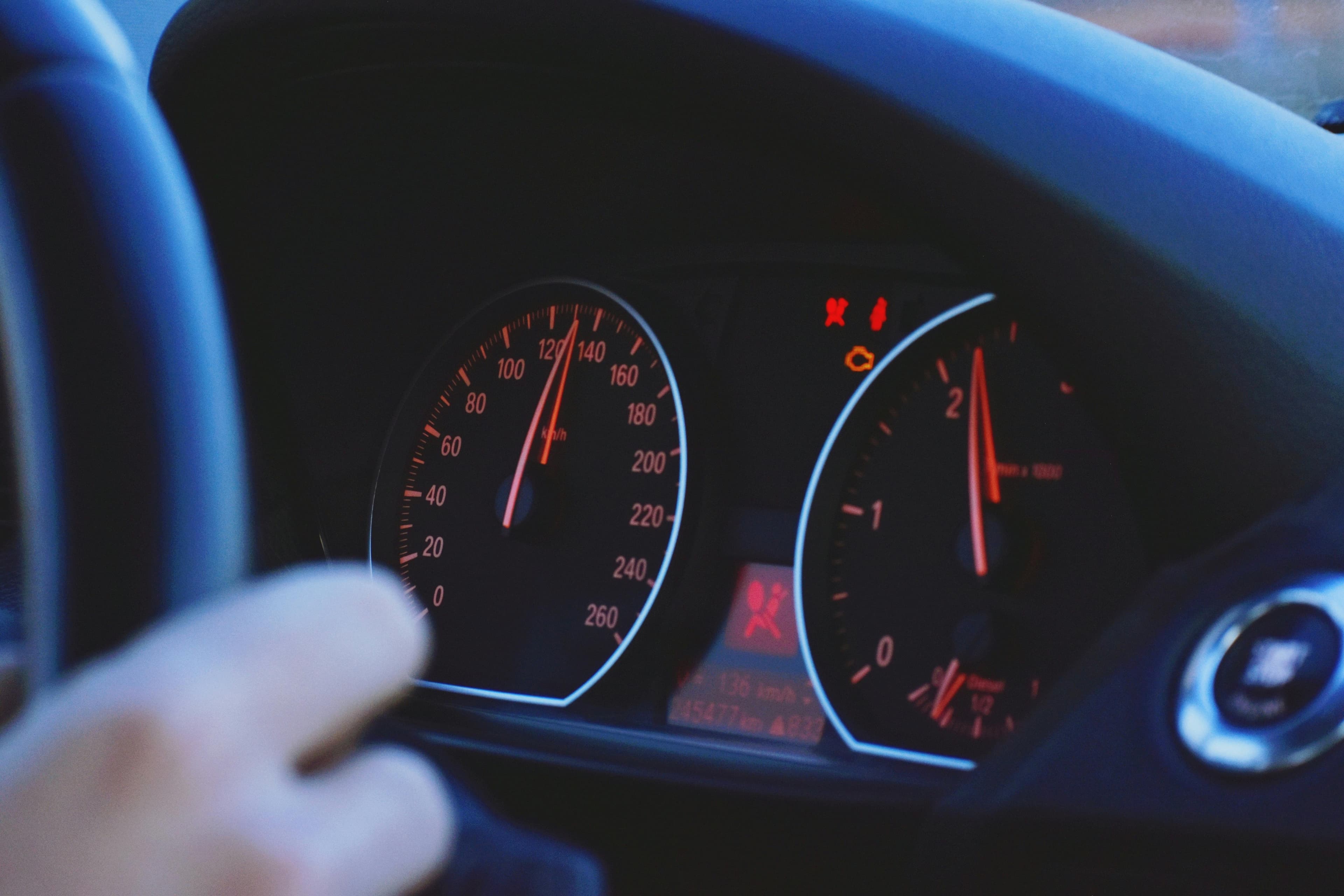Uber Driver Shooting at Waffle House: Legal Rights & Safety
If you or a loved one follow ride-share news or use Uber regularly, the recent Uber driver shooting Waffle House case in Georgia has likely caught your attention. On a late October evening, an ordinary ride-share trip escalated into tragedy outside a Dunwoody Waffle House, resulting in a 16-year-old girl suffering a gunshot wound. The driver, Meredith Grundy, is now facing serious charges. This story has not only shaken Georgia's ride-share community, but also spotlights nationwide debates over passenger rights, rideshare passenger safety, and Uber's firearms policies.
What legal obligations do Uber drivers have? Are drivers allowed to carry firearms in their cars? What are a passenger's rights after a violent incident in Georgia? And ultimately, can Uber or other ride-share companies be held responsible?
This article breaks down the ongoing investigation, analyzes relevant Georgia laws, addresses growing rideshare shooting trends, and guides victims or their families on possible next steps, referencing ABC News, local statutes, and Uber's own policies.
Incident Background: Uber Driver Charged at Georgia Waffle House
According to reports from ABC News, the confrontation began when a group of teens tried to enter Grundy's Uber. An argument ensued over how many passengers were permitted. Grundy, according to statements and police investigation, allegedly exited the vehicle, produced a firearm, and shot a 16-year-old girl. She was hospitalized but survived. Grundy now faces aggravated assault charges under Georgia law.
Uber responded by immediately deactivating Grundy from their platform and issuing a public statement of cooperation with investigators. Media outlets across the nation picked up the story, reflecting broad anxiety about safety for both drivers and passengers in ride-share settings (Black Enterprise).
Legal Duties of Ride-Share Drivers in Georgia: Firearms and Assault
Georgia law is very clear when it comes to assault: intentionally causing serious bodily harm or using a deadly weapon can result in an aggravated assault charge, a felony with strict legal consequences and mandatory reporting (O.C.G.A. § 16-5-21). The law stipulates that firearm use is only justified if there is an immediate threat of death or serious injury—an argument alone does not suffice.
As ride-share drivers, there is an added responsibility. Under Uber's rules, drivers must comply with all local and state laws and are explicitly forbidden from carrying firearms on active rides (Uber Firearms Policy). Violation of this policy can not only lead to criminal charges but results in permanent removal from Uber's platform. In the event of an incident, drivers are required to fully cooperate with law enforcement, and immediate reporting is mandatory.
Passenger Rights After a Ride-Share Incident in Georgia
Victims of ride-share violence, such as the girl in this Waffle House case, have important rights under Georgia law and Uber's policies. Here's what passengers—especially if injured in a personal injury Uber ride—should do:
Call 911 immediately for medical help and to ensure police respond to the scene. Your safety comes first.
Document everything: Take photos or video (if safe), secure witness statements, and keep digital records of your ride (screenshots, receipts, communications). This is crucial for gathering evidence.
Report the incident to Uber: Use the app's Emergency Safety button and file a formal complaint through the platform for documentation.
Get medical care: Even non-life-threatening injuries can have lingering effects. Seek medical attention immediately.
Consult with an experienced attorney: Navigating ride-share injury claims, Uber's insurance processes, and legal rights is complex. Gillani Law, led by Atlanta's top personal injury attorney Sabrina Gillani, can help victims understand their next steps and avenues for compensation.
Act quickly — statutes of limitations vary, and evidence can disappear.
Uber's Firearm and Safety Policies: What Passengers and Drivers Must Know
Uber's official firearms policy prohibits drivers or riders from carrying guns in vehicles arranged through its platform, regardless of state permits. This strict stance is meant to foster trust and reduce the potential for violent encounters such as the recent Waffle House shooting. Violation leads to immediate deactivation, as in Grundy's case.
Uber's insurance policies typically cover rider injuries from violence or collisions while using the service. However, the claims process can be complicated, and Uber may attempt to deflect liability onto the driver, especially if their acts constitute a crime or violate company policy. This is where a personal injury lawyer can clarify a victim's rights and options for an Uber passenger injury lawsuit.
Emerging Trends: Rising Shootings Involving Ride-Share Vehicles
This Georgia incident reflects a disturbing uptick in ride-share violence nationwide, especially shootings involving both passengers and drivers. According to recent legal analyses, viral videos and sensational news coverage of ride-share shootings have surged since 2023. Google search trends for phrases like "Uber driver shooting" and "Uber passenger shot" reportedly spiked by 300% after the Waffle House altercation, showing the public's growing concern.
Other notable ride-share violence cases have prompted Uber and Lyft to enhance background checks and safety features, but many observers say more needs to be done to protect vulnerable groups like minors, women, and late-night passengers. For perspective on how such incidents are handled, see coverage by Black Enterprise and ongoing legal trend reporting by The Dixon Firm.
Can Uber Be Held Liable? A Legal Overview of Ride-Share Injuries
Victims and families often ask, "Can I sue Uber if I am injured as a passenger?" The answer depends on several factors:
Driver Status: Was the driver logged in and fulfilling an Uber trip? If so, Uber's insurance and platform standards may apply.
Policy Violations: If the driver broke Uber's no-weapons policy or Georgia law, the company may face liability, especially if reasonable steps to prevent harm were not taken.
Negligence: Did Uber knowingly allow a dangerous individual to drive? Victims can file a lawsuit if they can show the company was negligent in driver vetting or ignored warnings.
However, Uber typically argues drivers are independent contractors, which can limit certain claims. That is why consulting an attorney, as soon as possible, after an incident is crucial.
Frequently Asked Questions (FAQs) for Georgia Ride-Share Assault or Injury Claims
Can I sue Uber if I am injured as a passenger in Georgia?
Yes, depending on circumstances such as driver's status on the platform and evidence of Uber's failure to safeguard passengers. Consult a personal injury lawyer to assess your possible Uber passenger injury lawsuit.
What are my rights if a ride-share driver uses a firearm?
Georgia law tightly restricts the use of firearms in disputes—only allowed if there is an imminent threat to life. Uber prohibits all guns during rides (Uber Firearms Policy), so any non-emergency use is a severe violation and opens the driver (and possibly Uber) to civil liability.
Is Uber liable for shootings involving their drivers?
Potentially, but there are legal hurdles. Each case is unique; expert legal advice from attorneys like those at Gillani Law is essential to navigate Georgia's current environment.
What steps should I take after violence in a ride-share?
Call emergency services
Collect evidence (photos, witness contacts, ride details)
Report quickly to Uber
See a doctor and keep records
Contact an attorney experienced in personal injury Uber ride cases for a legal review
Are Uber drivers allowed to carry guns in Georgia?
No, not while on duty according to Uber's strict policy (Uber Firearms Policy), regardless of state gun laws.
Conclusion: Ride-Share Violence, Legal Protections, and Taking Action
This tragic Uber driver charged Georgia shooting is a sobering reminder of the evolving challenges faced by ride-share passengers and drivers alike. Companies like Uber have a responsibility to protect their users, but legal and procedural hurdles can complicate justice for injury victims.
If you or a family member have experienced violence in an Uber or similar service—a shooting, assault, or other injury—immediate action is essential. Consult an experienced personal injury firm for a confidential, no-obligation review of your rights. Gillani Law, led by Atlanta's trusted Sabrina Gillani, offers deep expertise in negotiating with major ride-share platforms, proving negligence, and securing fair compensation for injured victims across Georgia.
Call to Action: If you or a loved one have been injured in a ride-share incident, contact us for a free expert review of your rights and potential case against Uber or the driver.
Recent Updates
October 2025: Uber driver Meredith Grundy was charged with aggravated assault after allegedly shooting a 16-year-old at a Dunwoody, Georgia Waffle House. (ABC News)
Uber immediately deactivated the driver and is cooperating fully with law enforcement. (The Dixon Firm Blog)
Image source: ABC News
Legal Disclaimer: This article provides general information only and does not constitute legal advice. Statutes and case law change frequently; consult a qualified attorney for personalized guidance.




